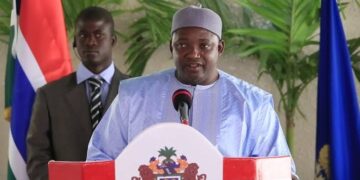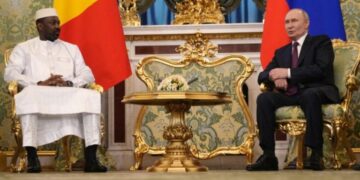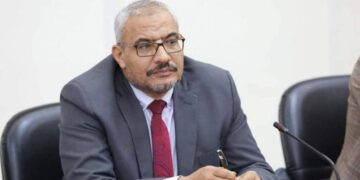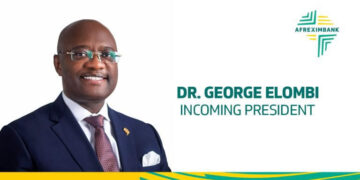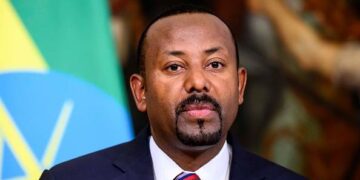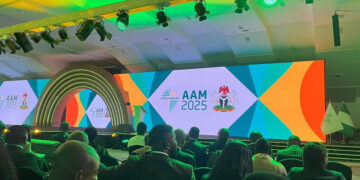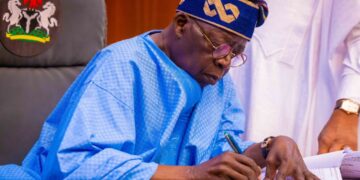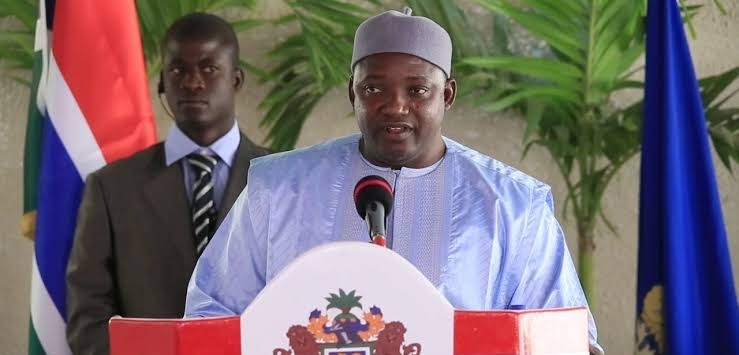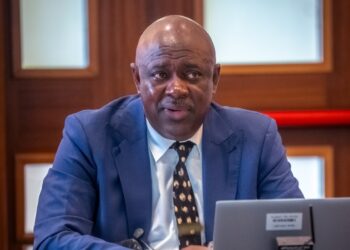By John Ikani
Gambian President Adama Barrow had a narrow early lead after Saturday’s Presidential election, according to provisional results from the first few constituencies to be verified by the electoral commission.
In a test of stability and democratic progress, the small West African country is holding its first election since former President Yahya Jammeh was voted out of office in 2016, ending 22 years of autocratic rule.
Jammeh, who was defeated by an opposition coalition that backed current President Barrow, fled to Equatorial Guinea in 2017 after refusing to accept defeat.
Barrow, a 56-year-old former security guard and property developer, ran against five rivals, including his former political mentor, Ousainou Darboe, 73, who was seen as the main challenger.
Preliminary results from four of the 53 constituencies showed Barrow in the lead with 14,599 votes vs. Darboe’s 6,188, the election commission’s Chairman, Alieu Momarr Njai, said on state television in the early hours of Sunday.
Many voters in the nation of more than two million people are hoping for an improvement in their living standards.
The Gambia, a sliver of land about 480 kilometres (300 miles) long, which is surrounded by Senegal, is one of the poorest countries in the world.
About half of the population live on less than $1.90 per day, the World Bank says.
The tourism-dependent economy in the former British colony was also dealt a severe blow by the COVID-19 pandemic.
Barrow is running on a continuity ticket, pointing to infrastructure projects completed under his watch, as well as increased civil liberties.
Political veteran Ousainou Darboe is considered by observers to be the leading opposition candidate.
Speaking as he voted in Serekunda, near Banjul, Darboe thanked God, saying “he has given me the strength to conduct my country”.
The 73-year-old is a lawyer who has represented opponents of Jammeh, and who ran for president against the former dictator several times.
He also served as Foreign Minister and then Vice President under Barrow, before stepping down in 2019.
Each candidate has their own ballot box at Gambian polls, and voters choose their preferred politician by dropping a marble inside one of the boxes.
The unusual voting method is because of low literacy rates in the country.
